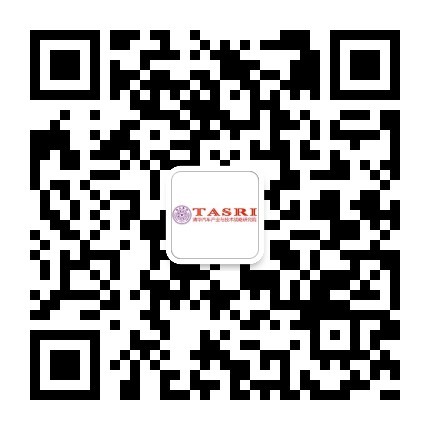| Intelligent Vehicles Effects on Chinese Traffic: A Simulation Study of Cooperative Adaptive Cruise Control and Intelligent Speed Adaption |
[会议]2018 21st International Conference on Intelligent Transportation Systems (ITSC) [作者]Xu Kuang,Fuquan Zhao.Han Hao, Zongwei Liu* [摘要]With the rapid development and wide deployment of intelligent vehicles, they will exert significant impacts on traffic efficiency not only in developed countries, but also in developing countries such as China. This paper focuses on the effects of Cooperative Adaptive Cruise Control and Intelligent Speed Adaption on Chinese urban, highway and rural traffic. Through several parallel microscopic traffic simulations of Chinese contexts considering different road types and penetration rates, we find that these intelligent vehicle technologies can generate noticeable decrease in travel time and increase in travel speed for urban traffic, especially in the morning and evening peak time, but not quite effective on highways and in rural areas. The study also indicates the importance of their market penetration rate to technological effects. Furthermore, based on the characteristics and simulation results of Chinese traffic, we propose some suggestions for developing countries to make better use of these advanced technologies. [关键词]Chinese traffic, cooperative adaptive cruisecontrol, intelligent speed adaption, travel time, travel speed,simulation study |
| 上一篇:Electric vehicle recycling in China: Economic and environmental benefits 下一篇:Recent development of automotive LiDAR technology, industry and trends |




